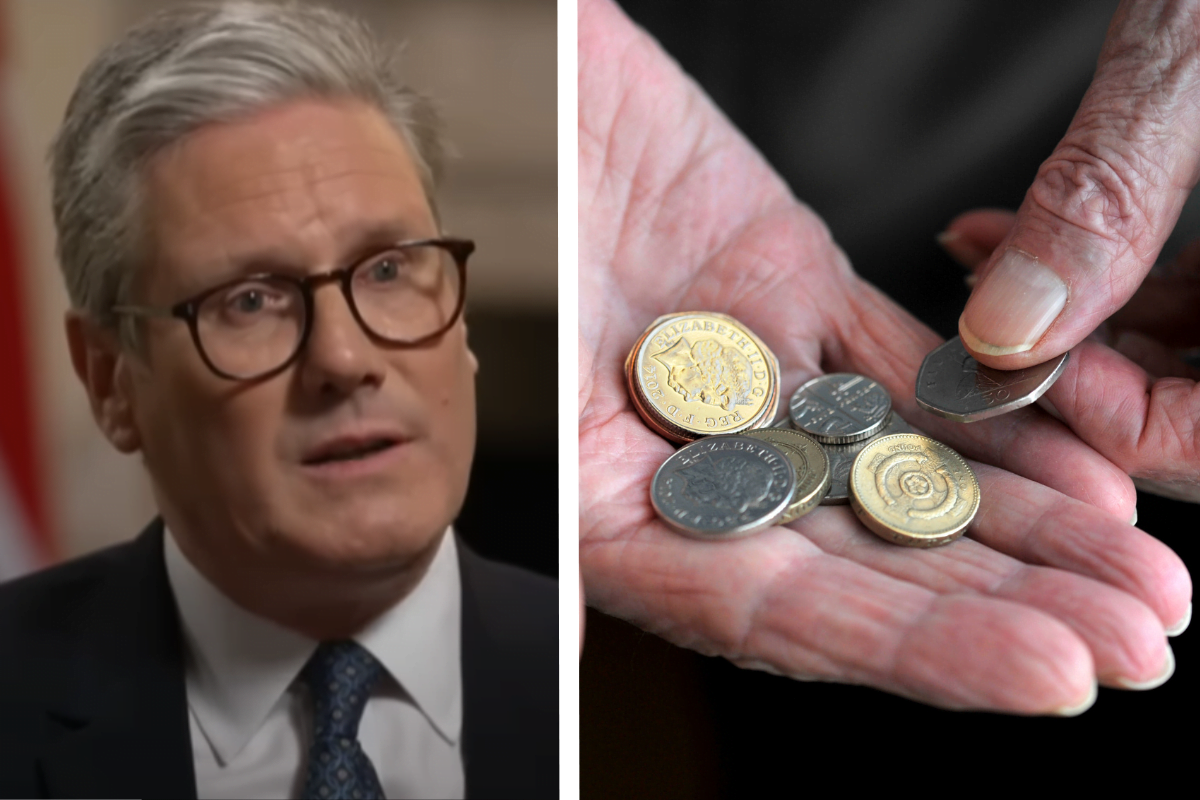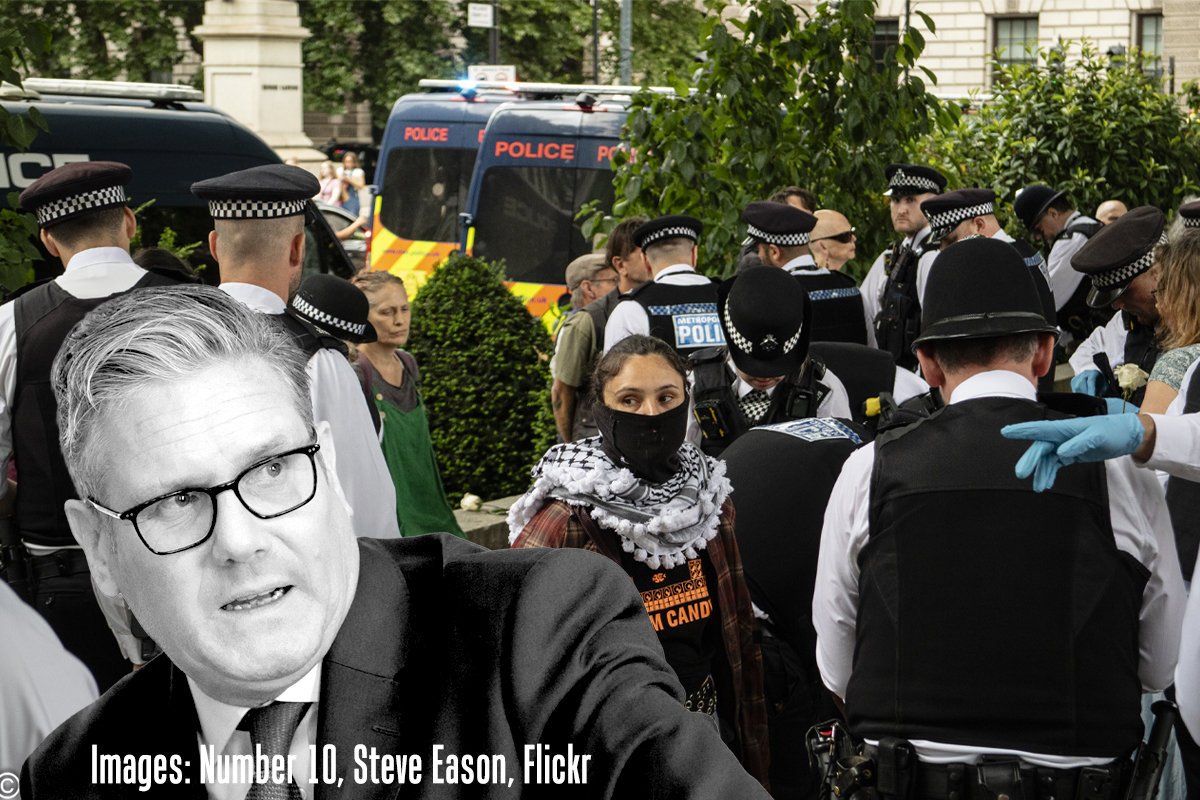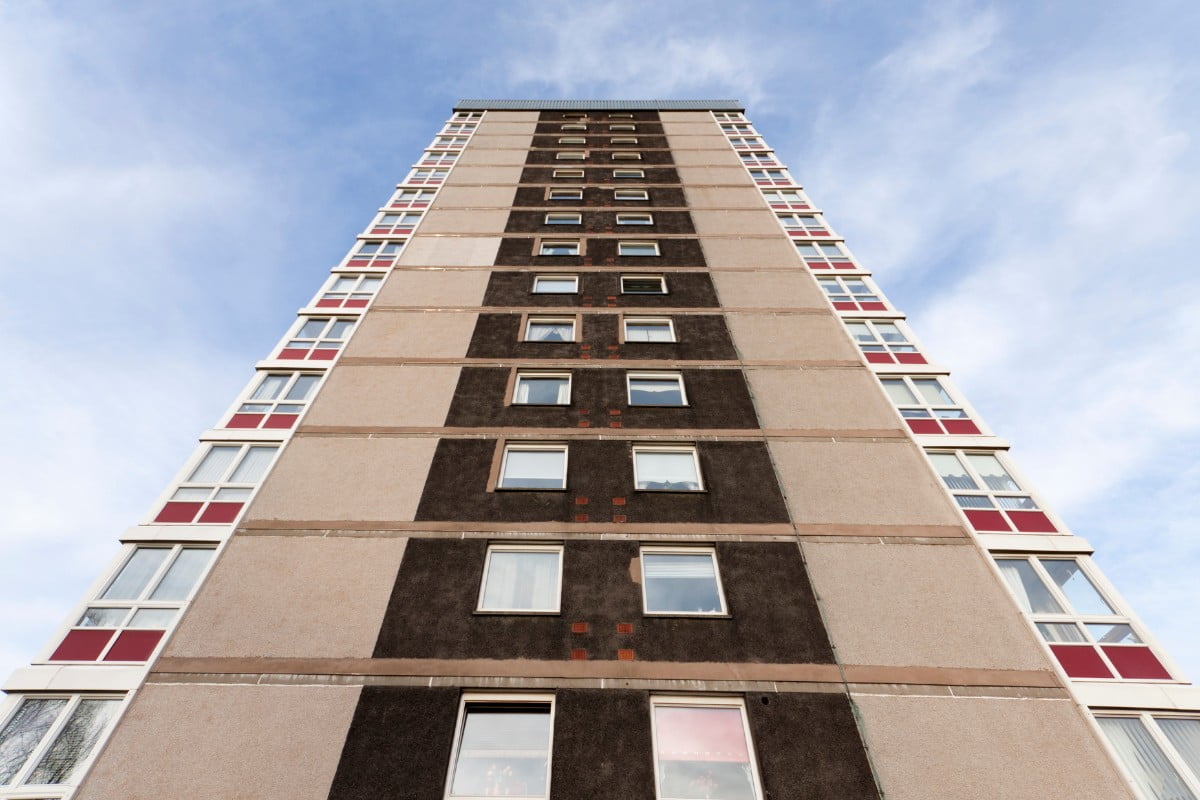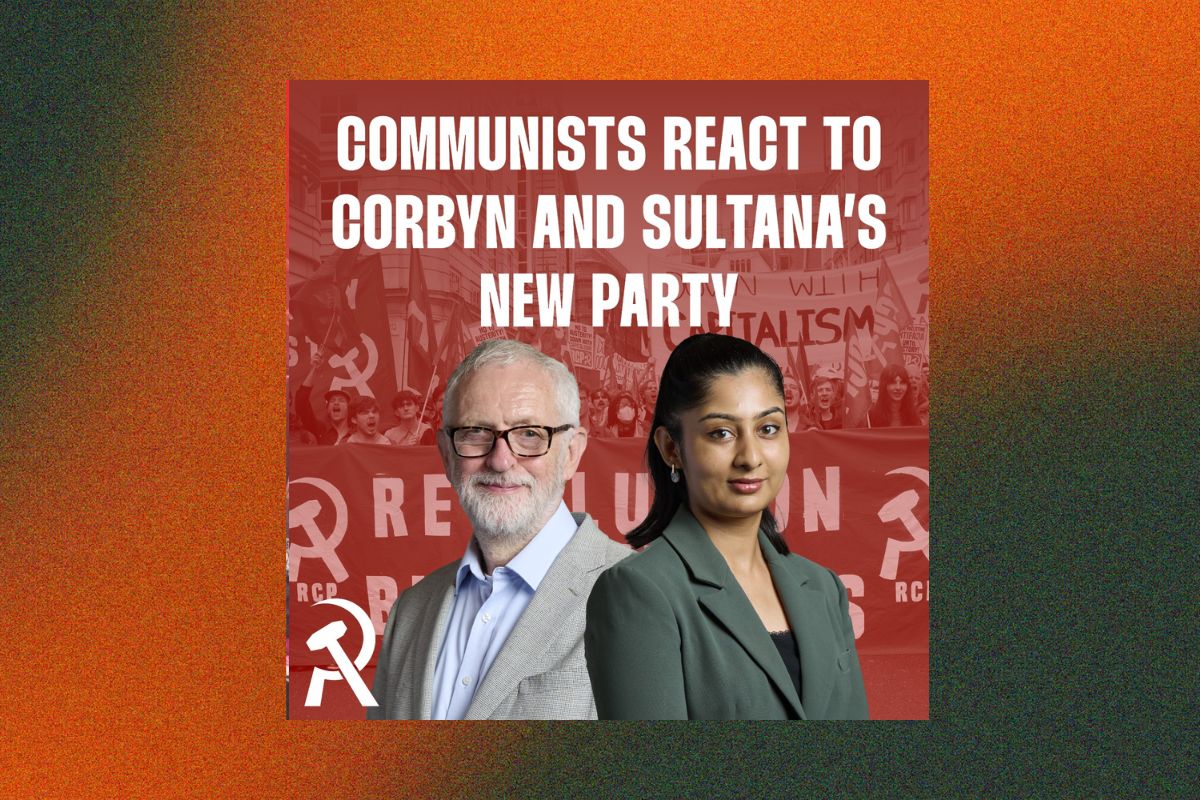Following a vote in the House of Commons on Tuesday, 10 million pensioners will have their £200-300 fuel allowance cut this winter, thanks to Sir Keir Starmer’s austerity programme.
From starving kids, to freezing old-age pensioners to death: aren’t we glad the ‘grownups’ are back in Downing Street!
Difficult for who?

Since coming to power, PM Keir Starmer and Chancellor Rachel Reeves have been preparing public opinion for the “tough decisions” and “difficult choices” they will have to make to ‘balance the books’ and fill the £22 billion “black hole” in the government’s budget.
But who will these choices be “difficult” for? Will it be CEOs and MPs going cold in the coming months?
MPs ‘earn’ £91,346 per year on average, plus expenses. According to some reports, Reeves herself has spent £3,700 of taxpayers’ money over the past five years heating her own home. Other sources suggest that the Chancellor claimed £2,792 in expenses just last year to cover utilities for her constituency accommodation and office.
Since the start of the energy crisis, meanwhile, energy companies have made £420 billion in profits. Last year, British Gas saw a 10-fold jump in its profits, from £75 million to an astronomical £750 million.
Of those pensioners set to lose their winter fuel allowance, by contrast, 1.6 million are vulnerable people living below the poverty line.
During the winter of 2022-23, almost five thousand died across Britain as a direct consequence of living in cold and damp homes. This figure has been steadily increasing over the past four years.
With the NHS already at breaking point, and household energy bills set to rise by 10 percent next month, ordinary people will needlessly die as a result of Labour’s Dickensian policy.
Honeymoon over
The purpose of Starmer’s draconian decision is clear – to send a clear message to big business: “We will protect your wealth and profits at any cost!”
Starmer even explicitly stated recently that Labour must be willing to be “unpopular”.
Whether it be the protests set to take place at the upcoming party conference over their complicity in the genocide in Gaza, or the backlash to their austerity agenda, one thing is clear: the honeymoon period is over for Starmer and Labour.
View this post on Instagram
Starmer’s net approval rating was -21 even before this week’s vote – already a fall compared to the -9 seen at the end of July. Other recent polls have found that more than half of the British public holds a negative view of this Labour government, with this figure increasing by 20 percentage points in just one month.
And all of this is before the cuts truly begin to bite. “Unpopular” therefore seems like a gross understatement!
The post-election honeymoon is over, with Keir Starmer’s favourability ratings falling to their lowest levels since he became prime minister, recording his worst net favourability score since February
Favourable: 35% (-3, vs 13-14 August)
Unfavourable: 56% (+4)
Net… pic.twitter.com/ZALa65r9bF— YouGov (@YouGov) September 3, 2024
Future fissures
Starmer was able to push through Tuesday’s vote by 348 to 228. But 53 Labour MPs didn’t sign up to this cruel measure.
Only one, Jon Trickett, actively voted against. The rest, fearing disciplinary measures (like their seven former colleagues who were suspended earlier this year for opposing the two-child benefit cap) either abstained or conveniently absented themselves from Parliament.
Nevertheless, this represents a sizeable backbench rebellion – a harbinger of future, deeper fissures that will emerge within the party, under the hammer blow of events.
As the crisis of capitalism intensifies, the ruling class will demand far more savage attacks. And ‘Sir’ Keir Starmer will willingly carry out these diktats.
Next month’s Budget will be one of austerity on steroids, offering further eye-watering cuts.
The NHS, meanwhile, is set to undergo shock therapy, with the Labour leaders today pledging to implement a raft of “reforms” (read: counter-reforms and privatisation) to fix Britain’s dilapidated health service.
As it administers its bitter medicine, Starmer’s government will become even more hated and despised. And it will face intense opposition from the working class.
Under pressure from their members, for example, trade union leaders will be pushed to call action in pursuit of better wages. And millions will continue to pour onto the streets over issues like Palestine.
All of this will force open cracks within Starmer’s government, impelling even ‘moderate’ Labour MPs to come out against their leader, and paving the way for greater political instability.
For healthcare, not warfare!
The wealth clearly exists in society to properly fund the NHS, and to provide warm, good-quality homes for all. But this money sits in the bank accounts of the super-rich.
This is the parasitic class that Starmer is determined to represent: whether it be providing billions for bloodshed, to defend the imperialists’ interests abroad; or carrying out cuts to welfare and healthcare back home.
Austerity isn’t a ‘political choice’. It is the brutal logic of the crisis-ridden capitalist system – a system that workers and youth must fight to overthrow.
Labour’s “tough decisions”
As Starmer’s Labour wins its fight to cut off millions of pensioners from winter fuel subsidies, I’m reminded of my time working in A&E.
I remember one patient, an elderly woman with chest pains, who had to remove multiple layers of clothing for me to examine her. “It’s too expensive to put the heating on, love. Sweaters are cheaper.”
I also remember working on an Acute Medical Unit (for those who’ve been admitted to hospital from A&E). In winter, our siderooms would be filled with patients with exacerbations of respiratory conditions. Unable to heat their homes, they had developed chest infections. Once they were better, we’d send them back to their cold homes.
Labour’s “tough decisions” – including freezing pensioners while funding genocide in Gaza – will worsen the upcoming NHS winter crisis. We’ll see more admissions, more illness, and more unnecessary deaths.
Why is it always the poor and vulnerable who suffer from these “tough decisions”?
Reema Malhotra, NHS doctor
Starmer’s technocratic fix for the NHS won’t work
Keir Starmer’s response to Lord Darzi’s recent NHS review is misleading at best.
Darzi’s report highlights how austerity has gutted the NHS, with funding cuts and worsening social conditions – like housing and employment – driving poorer health outcomes.
Despite this, Starmer has stated that there will be “no more money without reform”.
Starmer proposes three “big shifts” instead: better use of technology; shifting care into communities; and focussing on prevention.
While these ideas sound positive, they ignore the massive upfront investment required to make them work, including building new facilities and funding public health. Without this investment, Labour’s plan to improve the NHS is a mirage.
This cycle of NHS ‘reforms’ is nothing new. The NHS has undergone major reorganisation every decade, with little impact on patient care.
Labour claims ‘fiscal responsibility’ is their priority. But the public wants NHS waiting times reduced, not another austerity package.
Starmer’s plan to fix the NHS without proper funding is destined to fail – prolonging the crisis in healthcare.
Aidan, Manchester






